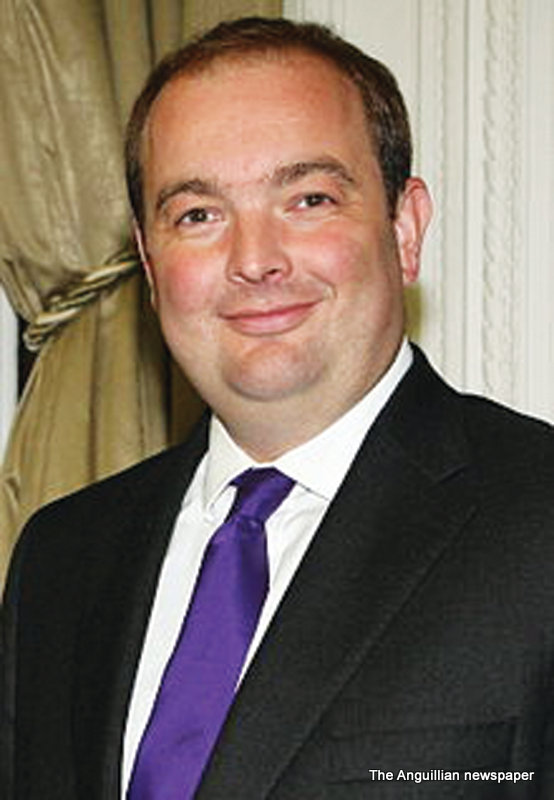The Ministry of Health and the Health Authority of Anguilla have sought to dispel concerns about the HPV vaccination of young girls to prevent them from developing cervical cancer later on in life.
The initial vaccination will be administered in schools as from next week for girls between the ages of 9 and 13 years. A second vaccination will be administered six months later.
For some time, now, members of the public have been expressing concerns about the vaccine against the Human Papilloma Virus (HPV) fearing that there were a number of unsafe side effects.
However, at a meeting at the Rodney Mac Arthur Rey Auditorium on Monday afternoon, April 18, Dr. Bonnie Richardson-Lake, Permanent Secretary in the Ministry of Health, and Chief Medical Officer, Dr. Aisha Andrewin, said the treatment had no serious side effects. According to them, there were only possible mild side effects. These include pain, redness or swelling in the arm where the injection was given; fever; headache or feeling tired; nausea and muscle or joint pain. Persons having any of these persisting symptoms are advised to seek medical attention.
The meeting was largely attended by girls in Form 1 in Campus B of the Albena Lake-Hodge Comprehensive School who are up to 13 years old. Only a few parents were present and there were limited questions. The other group of younger girls referred to, at age 9, are those in the Primary Schools.
In their presentations, Dr. Richardson Lake and Dr. Andrewin made reference to a pamphlet entitled: “The HPV Vaccine is a Cancer Prevention Vaccine…Learn how you can help to protect your daughter from Cervical Cancer”.
According to that pamphlet, between 2002 and 2013 there were fifteen confirmed cases of cervical cancer, making it the leading form of cancer among women in Anguilla. Over the past five years there were 150 reported cases of HPV infections.
On a world-wide scale, in 2012 approximately 270,000 women died from cervical cancer. Virtually all cervical cancer cases (99%) are linked to HPV infection, the most common being viral infection of the reproductive tract.
The pamphlet stresses that “Cervical Cancer can be prevented through safe and effective HPV Vaccination”. It continues: “Vaccines are available to protect against HPV and have been shown to provide close to 100% protection against pre-cancers. Since the vaccine was first recommended in 2006, there has been a 56% reduction in HPV infections among teen girls in the United States, even with very low HPV vaccination rates. The safety of the vaccine has been studied in thousands of women. It was found to be well-tolerated with no major safety concerns.”











